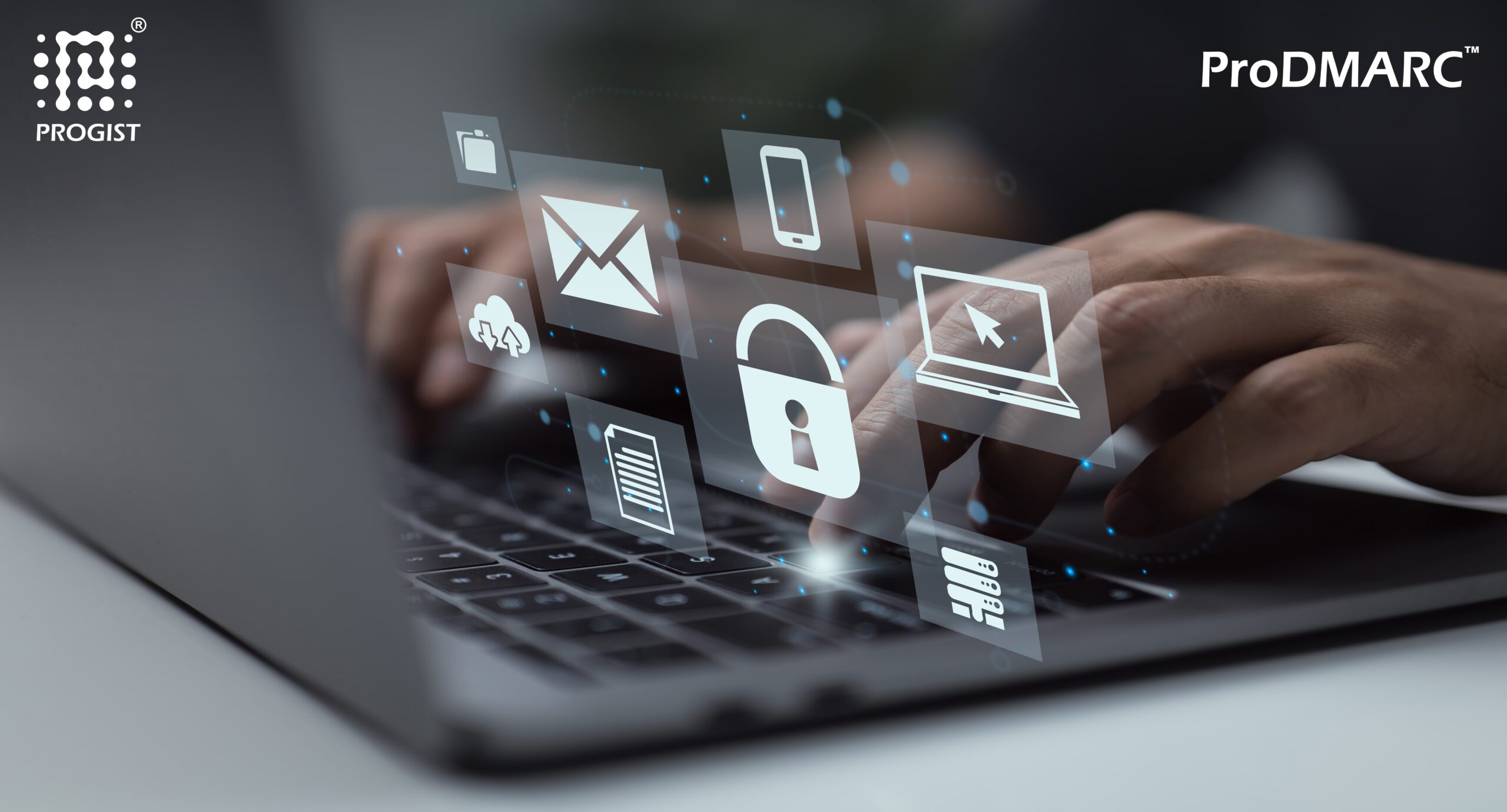Even in the age of instant messaging and collaboration tools, email remains the backbone of business communication. It’s estimated that over 333 billion emails are sent and received daily worldwide.This colossal volume of communication facilitates the exchange of critical information, documents, and contracts, making it a vital channel for businesses of all sizes. However, this reliance on email comes with a significant security risk. It is estimated that around 3.1 billion spoofing emails are sent daily, and more than 90% of cyber-attacks start with an email message.
For years, email security has relied on spam filters – a never-ending game of whack-a-mole against phishers and scammers. But a new era is dawning, with Domain-based Message Authentication, Reporting & Conformance (DMARC) emerging as a powerful tool in the fight for secure email. DMARC serves as a trusted ally, verifying the origin of emails by utilizing established protocols like SPF (Sender Policy Framework) and DKIM (DomainKeys Identified Mail), thereby aiding recipients in confirming the sender’s authenticity.
DMARC isn’t new, but its adoption is experiencing a remarkable surge. Data from DMARC.org paints a clear picture: the number of valid DMARC policies observed in the DNS has been steadily increasing. For instance, there was a significant 28% increase in the first half of 2021 alone, reaching over 3.46 million policies.
This rise in DMARC implementation can be attributed to several factors, including:
- Increased Awareness of Email Threats: Businesses are becoming more aware of the ever-present threat of phishing attacks. DMARC’s role in protecting email domains from spoofing and malicious activities is gaining recognition.
- Government Initiatives: Many countries have taken a proactive stance by making DMARC implementation mandatory for government departments. The UK spearheaded this movement in 2016, and several others have followed suit. Recent additions include Canada and Denmark, highlighting the growing global commitment to email security.
- Regulatory Mandates: In fact, In India, many regulatory bodies like RBI, DGFT, IRDAI, SEBI etc. have taken significant steps to make DMARC a mandate for its regulated entities. The primary objective of these directives is to protect the populace from the perils of phishing emails and misinformation, thereby preserving public confidence.
- PCI DSS v4.0: The Payment Card Industry Data Security Standards (PCI DSS) recommend DMARC implementation for any organization processing, storing, or transmitting cardholder data. In its implementation guidance, the PCI Security Standards Council recommends anti-spoofing controls such as DMARC, to stop phishers from spoofing your domain. Organizations have until March 2025 to implement processes and mechanisms to detect and protect against phishing, or they could face fines and potentially even lose their right to process payments.
- Industry Leaders: Major email providers are strong advocates for DMARC, recognizing its critical role in combating email fraud and protecting user inboxes. In February 2024, both Gmail and Yahoo began enforcing stricter requirements for bulk email senders (those sending over 5,000 emails at once or within a 24-hour period). These requirements mandate implementing DomainKeys Identified Mail (DKIM), Sender Policy Framework (SPF), and DMARC for continued email deliverability to these platforms.
All this has shone a spotlight on DMARC implementation as the simplest and most effective way to protect senders and recipients against domain spoofing. We expect to see the number of regulatory bodies and organizations making email authentication mandatory continue to expand, solidifying DMARC’s place as a cornerstone of email security.
Why Mandatory Email Authentication is the Answer
DMARC implementation offers numerous benefits for email security:
- Reduced Phishing Attacks: By verifying the legitimacy of email senders, DMARC significantly reduces the success rate of phishing attempts.
- Improved Email Deliverability: Legitimate emails from authenticated sources are less likely to be flagged as spam, ensuring important communications reach intended recipients.
- Increased Trust: DMARC fosters a more secure email environment, building trust and confidence in email communication for both senders and receivers.
- Enhanced Visibility: DMARC reports provide valuable insights into email traffic for organizations, allowing them to identify potential security risks and unauthorized email activity.
While some organizations may find initial DMARC implementation a bit complex, ProDMARC can significantly simplify the process. ProDMARC’s user-friendly interface and expert support guide users through every step, ensuring a smooth and successful DMARC deployment.
Securing the Future of Email with DMARC
DMARC is not just a trend; it’s the future of secure email communication. By taking a proactive approach to email authentication with DMARC, organizations can significantly reduce the risk of phishing attacks, protect their brand reputation, and build trust with their customers and partners.
Ready to join the DMARC revolution? ProDMARC offers a 15 days free trial and comprehensive resources to help you get started. Take control of your email security today!

